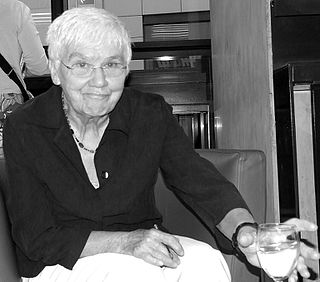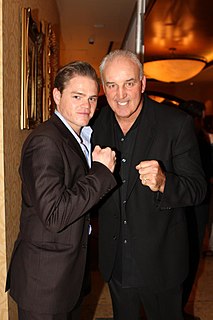A Quote by Dorothy Rowe
Depression is a prison where you are both the suffering prisoner and the cruel jailer.
Related Quotes
For example, if you are a blogger who wrote something about a local official and you're going to prison for that, you're a political prisoner. If you're a businessman who has refused to cede his business to the local official and you're going to prison for that, you're not a political prisoner. In that second category there are hundreds of thousands of people in Russia.
That's for the best. Otherwise they might realize they're in prison. It can't be helped. You women are used to harems and prisons. A person can spend his whole life between four walls. If he doesn't think or feel that he's a prisoner, then he's not a prisoner. But then there are people for whom the whole planet is a prison, who see the infinite expanse of the universe, the millions of stars and galaxies that remain forever inaccessible to them. And that awareness makes them the greatest prisoners of time and space.
There is, on the whole, nothing on earth intended for innocent people so horrible as a school. To begin with, it is a prison. But in some respects more cruel than a prison. In a prison, for instance, you are not forced to read books written by the warders and the governor. . . .In the prison you are not forced to sit listening to turnkeys discoursing without charm or interest on subjects that they don't understand and don't care about, and therefore incapable of making you understand or care about. In a prison they may torture your body; but they do not torture your brains.
There are many misconceptions about depression-mostly negative. Unfortunately, because depressed people think negatively about depression and its treatment, they don't get help, which allows the depression to worsen, which leads to more negative thinking, which produces a vicious cycle of suffering.
Natural death is independent of all reason and is really an irrational death, in which the pitiable substance of the shell determines how long the kernel is to exist or not; in which, accordingly, the stunted, diseased and dull witted jailer is lord, and indicates the moment at which his distinguished prisoner shall die.





































